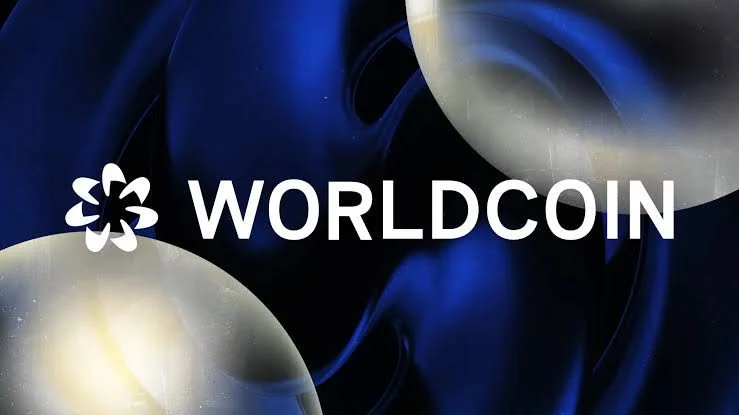
Worldcoin, a groundbreaking blockchain project co-founded by OpenAI CEO Sam Altman, recently made its debut. The initiative has garnered a polarized response, with some lauding its ambitious nature while others criticize it for its Orwellian undertones. In light of these opposing views, it is essential to understand what Worldcoin is, its objectives, and potential implications for you.
Worldcoin presents itself as a digital passport facilitating users to affirm their humanity. A central principle for Worldcoin is "Proof of Personhood," as explained in its whitepaper. The term implies the validation of an individual's uniqueness and humanity. This validation is facilitated by a privacy-oriented digital identity, World ID, and its native token, WLD, which users can obtain by verifying their human status.
The World App is the platform for accessing Worldcoin, offering a wallet that eases the process of securing World ID and WLD through biometric verification. This process involves a device known as The Orb, which scans users' irises while preserving absolute privacy.
Worldcoin developers emphasize that user data is not stored. Instead, the system produces a zero-knowledge proof to confirm the user's humanity without disclosing the data used for verification. The project was first launched on March 14, followed by a gas-free crypto wallet for verified humans on May 8. With secured funding of $115 million on May 25, Worldcoin announced over 2 million sign-ups by July 14. During its token and mainnet launch on July 24, Altman expressed aspirations to elevate this number to 2 billion.
Not all reactions from the blockchain community have been positive. Ex-Twitter CEO and Bitcoin enthusiast, Jack Dorsey, expressed concerns about corporations or states owning any part of the global financial system. Ethereum co-founder Vitalik Buterin warned of the complexities in distinguishing humans from AI-powered bots but acknowledged the value of digital "proof of personhood." He suggested that a blend of various approaches, including community accountability and audits, could address this issue.
On the regulatory front, Worldcoin's launch raised questions about privacy and the security of crucial biometric data. The Information Commissioner’s Office, the UK’s data regulatory body, pledged to scrutinize the project and its compliance with data laws.
However, Worldcoin cannot yet operate in the US due to regulatory limitations. It remains to be seen how other global authorities will respond.
Despite the uncertainty surrounding its immediate success, Worldcoin's bold ambition to tackle online identity authentication and proof of personhood solidifies its position as one of the most audacious projects in the industry. As artificial intelligence continues to evolve, the distinguishing line between humans and machines is becoming increasingly blurred, making Worldcoin's mission ever more relevant.

.jpeg)